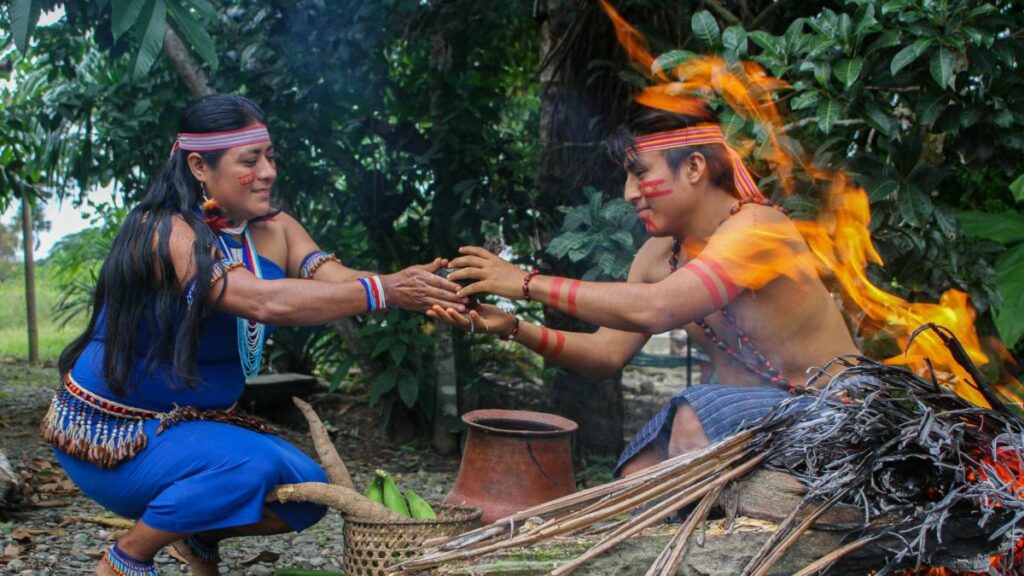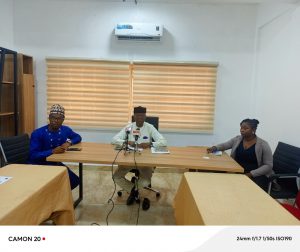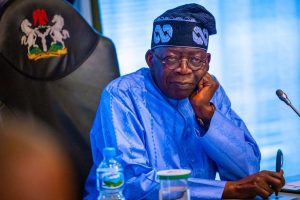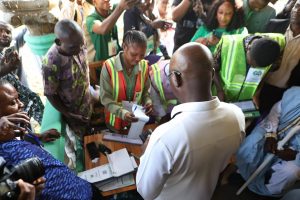‘Nature is not a commodity’: Can the world learn from indigenous food systems, before they are lost?

The finds are then distributed to his family, who are spread across 24 villages in a tropical region of Ecuador stretching from the mountains of the Andes to the lowlands of the Amazon. The Shuar tribe, to which he belongs, has lived there for centuries. Growing up in the jungle alongside armadillos, monkeys and boa constrictors, 24-year-old Jimbijti (known as Shushui by his family) deeply respects nature and recognizes its fragility. The community knows it could make money by exploiting the land, says Jimbijti — such as by extracting and selling salt from the rare saltwater spring. But it chooses not to.”We take enough but not too much,” he says. “It would be a lack of respect for everything and create a total imbalance.” Jimbijti has seen this firsthand in the Shuar community. He says since mining companies entered the region, canned and processed foods have been introduced. His community now eats chicken, chocolate, butter and sardines, which it has never done before.This isn’t just changing diets, but health and lifestyle too. “People have become lazy,” and put on weight, he says — adopting a more sedentary rather than nomadic lifestyle. “Our culture is going through a very strong transition,” says Jimbijti. “We are losing our roots.” PreservationTo save these cultures, Roy urges nations to guarantee indigenous peoples “rights to land” and “rights to traditional knowledge and language.” If a local language starts to deteriorate, because it is not taught in local schools, community members forget the names of plants and herbs and ancient practices, he says. While indigenous rights have improved over the last two decades, with the implementation of the UN declaration on the rights of indigenous peoples and other treaties, there is still a long way to go. The FAO report calls for more inclusive dialogues with indigenous peoples and to involve them in sustainable management decisions. It concludes that “the world cannot feed itself sustainably without listening to indigenous peoples.”Roy believes the biggest lesson to be learned is the indigenous peoples’ value system: the worldview that “land and nature is not a commodity.”






